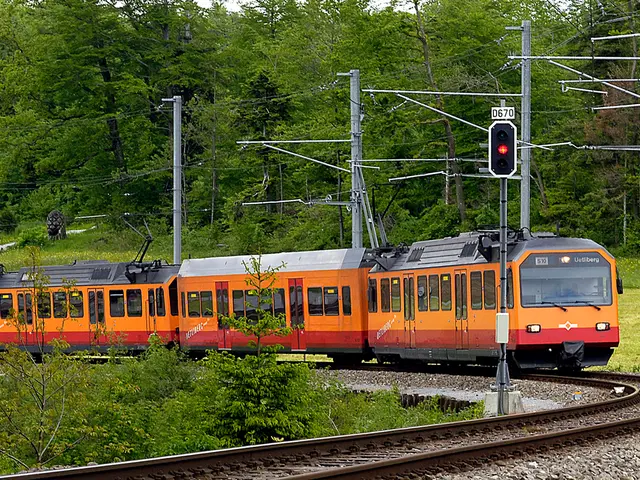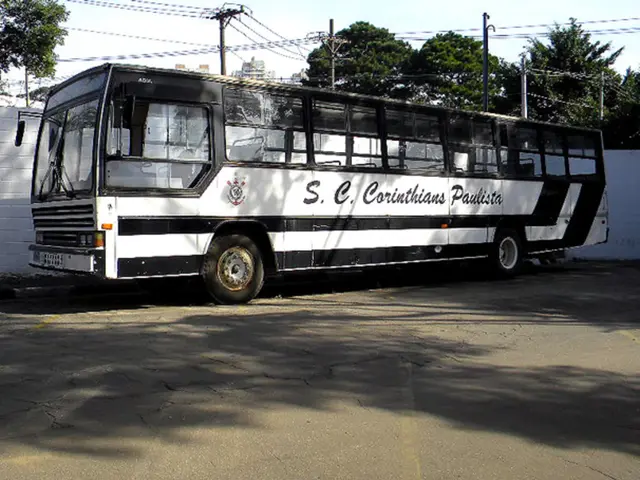Conflict over the Structures in North Rhine-Westphalia's Infrastructure
North Rhine-Westphalia Bridges at Risk: High Volume of Dilapidated Motorway Structures Threatens Infrastructure and Economic Prosperity
North Rhine-Westphalia, Germany's most populous and industriously significant state, relies heavily on a vast motorway network to connect its cities and support economic growth. However, the aging infrastructure and heavy traffic in the region have taken a toll on the bridges, resulting in a substantial number requiring repairs.
Beginning tonight, drivers traveling on the A59 in southern Duisburg may encounter restrictions due to bridge repairs in Buchholz. With the IHK critiquing the high number of dilapidated motorway bridges specifically in North Rhine-Westphalia, there appears to be a pressing need for immediate action to ensure safety and maintain productivity.
The extensive wear on the bridges is largely due to advanced age, massive traffic loads, and delayed renovation efforts. As the bridges age, natural degradation sets in, compounded by the immense traffic volumes they must withstand daily. When maintenance and renovation are delayed, minor concerns become severe structural issues. Furthermore, the complex road network disperses limited resources, making it challenging to keep pace with the growing demand for bridge inspections and repairs.
This situation poses several challenges for the region, including traffic disruptions, increased transportation costs, reduced reliability, and potential safety risks. Traffic congestion and extended detour routes may lead to increased fuel consumption and longer delivery times, affecting logistics efficiency. The unpredictable state of bridges also discourages transport companies and businesses from relying on certain routes, impacting supply chains.
In addition, the faltering state of the bridges has the potential to slow the region's economic growth. Being deeply integrated with manufacturing, logistics, and trade, North Rhine-Westphalia's economy may suffer from these inefficiencies, making it less competitive on a national and international scale.
To address these issues, authorities in North Rhine-Westphalia must prioritize bridge maintenance and renovation projects. By dedicating resources and implementing effective strategies, they can mitigate the risks posed by the dilapidated bridges to ensure the continued prosperity of the region.
- The increasing number of dilapidated motorway bridges in North Rhine-Westphalia, a region heavily relying on industry and finance, necessitates immediate attention, as delayed maintenance could impact both transportation and economic growth.
- In light of the critical state of the bridges in North Rhine-Westphalia, it is essential for the authorities to prioritize investments in the transportation sector, ensuring that the region's prosperity, founded on industry and finance, remains unhampered by infrastructural issues.







